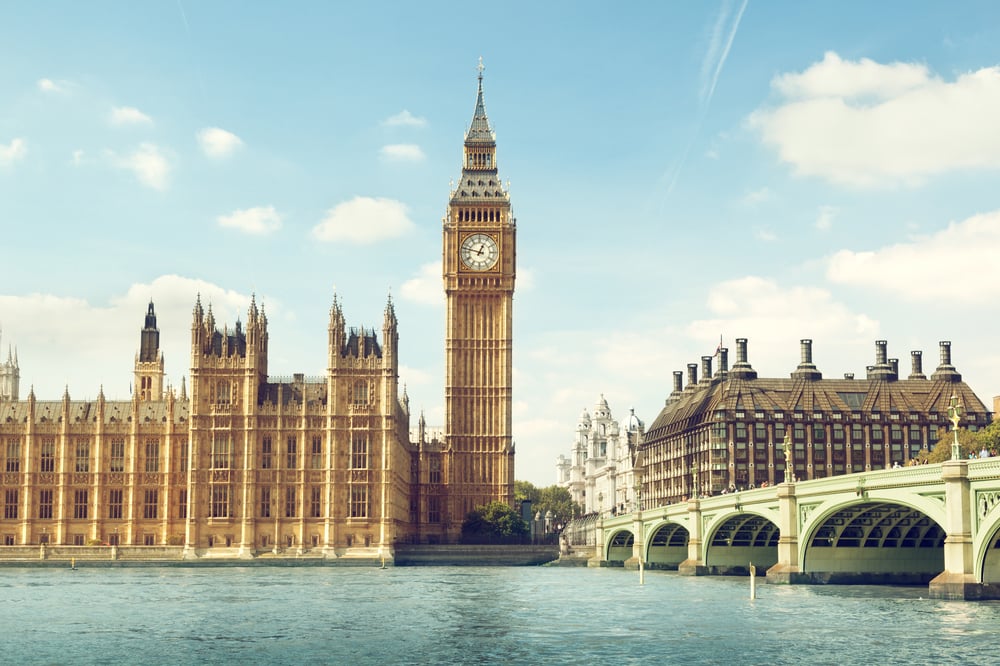As a means of supporting taxpayers throughout the COVID-19 pandemic, HMRC is giving self-assessment taxpayers more time to pay their outstanding tax or set up a payment arrangement without incurring the 5% late payment penalty.
The late payment penalty for self-assessment taxpayers is usually 5% of the tax outstanding if not paid by 3 March; however, these late payment penalties are to be temporarily waived by HMRC and will not be charged if the tax outstanding is paid by 1 April or if a payment arrangement is in place.
Interest will continue to be charged from 1 February on any outstanding tax liabilities as usual regardless of any payment arrangements in place.
HMRC has acknowledged the immense pressures that taxpayers are under as a result of the pandemic and its associated economic impacts.
Self-assessment Payment Arrangements – Time to Pay

Self-assessment taxpayers may pay their tax via the online Time to Pay service, which gives taxpayers the option of spreading their self-assessment tax bill across monthly instalments until January 2022. Nearly 100,000 taxpayers have already set this up for themselves.
You must have your online Time to Pay arrangement set up by midnight on April 1 to ensure you do not face a late payment penalty.
Your self-assessment tax bill must be less than £30,000 to qualify for the online service, for larger tax bills you will need to contact HMRC via the telephone service. You must also have your tax returns up to date. You can find out how to pay a debt to HMRC through Time to Pay from the UK Government website.

Need help with your self-assessment?

Whatever your income or circumstances, the tax team at Shorts are dedicated to providing a diligent and effective service. If you require assistance for your self-assessment, or any other kind of tax, get in touch with us today and we will be more than happy to help.





